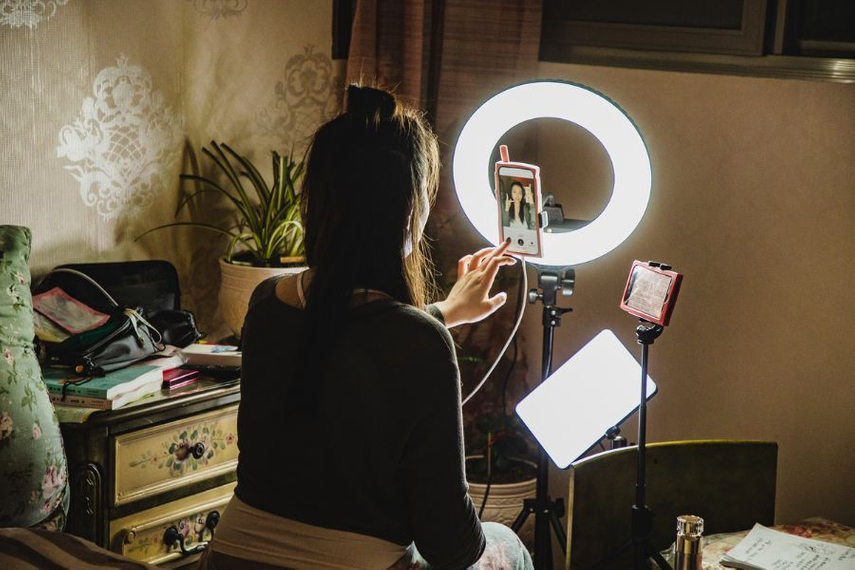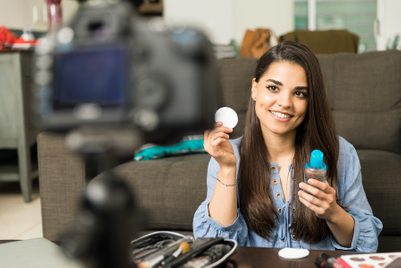
Social media influencers have come to hold significant power over their audiences, who trust them and have been a part of their journey, some right from the beginning. But can you really trust the information shared by them?
The Securities and Exchange Board of India's (SEBI) recent crackdown on financial influencers, or finfluencers, has added fuel to the questions surrounding the authenticity of the information shared by influencers. Substantiating these reservations, a recent survey that by iCubesWire conducted amongst 1000 participants revealed that 53% do not trust influencer content, while those who completely trusted them constituted only 13%. This revelation highlights the growing scepticism towards influencers and their recommendations.
Recently, actress Samantha Ruth Prabhu was called out on X (formerly called Twitter) by Dr Cyriac Abby Philips, also known as The Liver Doc, for spreading misinformation about hydrogen peroxide nebulisation. This is yet another example of how celebrities and influencers spread misleading information due to lack of knowledge and in some cases for monetary gains.
Despite the high level of distrust, the iCubesWire survey reveals that 47% of respondents still place varying degrees of trust in influencer content, suggesting opportunities for influencers to strengthen their relationship with followers through genuine engagement and honest recommendations. By being transparent and prioritising the interests of their audience, influencers can turn sceptics into believers.
Some of the key findings of the survey further revealed that 37% of participants believed influencer recommendations are never genuine. 36% think they are sometimes genuine, 16% thought they were often genuine, and only 11% always considered them genuine.
Apropos the influence on participants' buying decisions, 36% said that influencer content never affects their buying decisions, while only 14% were always influenced. Concerning the celebrity status of social media influencers, 34% of respondents disagree that they are more impactful than celebrities, while 32% consider them to be at the same level.
Sharing his views on the results, Sahil Chopra, CEO and founder of iCubesWire said, "The survey results serve as a wake-up call for the influencer marketing industry. It is essential for influencers and brands to understand the importance of authenticity in order to foster a loyal and trusting audience."
Key survey results:
Trust in influencer content:
- Not at all: 53%
- Moderately: 23%
- Quite a bit: 11%
- Completely: 13%
Perceived genuineness of influencer recommendations:
- Never: 37%
- Sometimes: 36%
- Often: 16%
- Always: 11%
Influence on buying decisions:
- Never: 36%
- Occasionally: 30%
- Frequently: 20%
- Always: 14%
Preference for local language influencers:
- Disagree: 36%
- Neutral: 34%
- Agree: 30%
Impact comparison with celebrities:
- Disagree: 34%
- Neutral: 34%
- Agree: 32%


.jpg&h=334&w=500&q=100&v=20250320&c=1)
.jpg&h=334&w=500&q=100&v=20250320&c=1)
.jpg&h=334&w=500&q=100&v=20250320&c=1)




.png&h=334&w=500&q=100&v=20250320&c=1)

.png&h=334&w=500&q=100&v=20250320&c=1)







